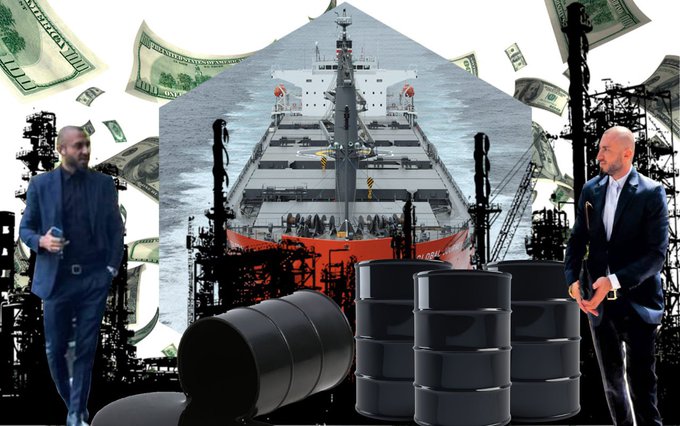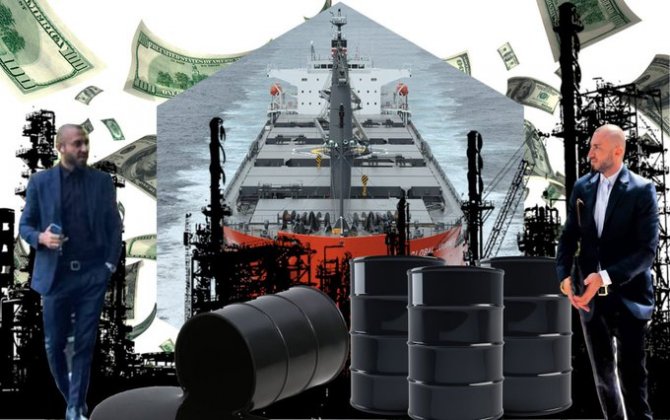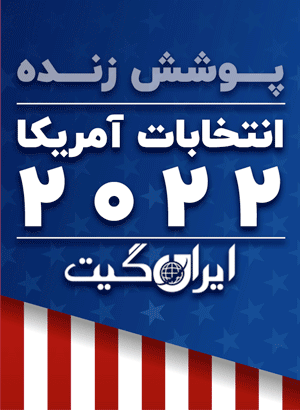Who was responsible for the closure of the Iran Exchange Center?
According to Iran Gate, Vahid Vatani, the owner of Samin Exchange and the son of a high-ranking official, who monopolizes the sale of bitumen and oversees money laundering and fuel and currency smuggling, is the reason behind the closure. Vahid Vatani is also a shareholder in a private refinery producing bitumen and petrochemicals called AKHTAR JAM, in which one of the partners is a person with religious minorities. However, the Islamic Republic of Iran often uses individuals with religious and ethnic minorities to bypass sanctions and transfer money, which leads to conflicts and disputes with this individual.
Vahid Vatani, using his security and financial privileges, causes imprisonment and problems for this individual. Vatani also, through extensive security and judicial connections, creates problems and files for exchange offices, resulting in the confiscation and closure of many of them. According to information obtained from several exchange offices, the main reason for the dissolution of the Iran Exchange Center in the past few months is this privileged and corrupt individual, Vahid Vatani.
In this process, we have reached the file of Vahid Vatani, who is one of the closest individuals to the government and has control over one of the biggest corruption schemes, which is the sale of bitumen. He engages in money laundering for the Islamic Republic both domestically and internationally through exchange offices that work with him. AYE TRADING FZE company is responsible for selling Iran’s petrochemical and oil products to India and other countries, and Vahid Vatani carries out the money laundering and transfer of oil and petrochemical sales for the Islamic Republic through Thamin exchange office and several other exchange offices associated with AYE company. Aye Trading Fze is responsible for exporting bitumen and petrochemical products to India by bypassing sanctions.

Vahid Vatani is associated with Amirhossein Sharifmaddari, the son of Mohammad Sharifmaddari, the former Minister of Industry. These two individuals, through their behind-the-scenes connections, have control over the monopoly of bitumen sales and petrochemical product sales. Amirhossein Sharifmaddari, the son of Mohammad Sharifmaddari, who served as a minister in various governments of the Islamic Republic and is a close associate of Vahid Vatani, is a partner in a paper company registered in the UAE called TIME MACHINE PETROLEUM without any clear trace.
Among the main rings, but missing from this network, we can mention Hadi Rezavi, the son-in-law, and Ammar Salehi, the nephew of Shariatmadari. They are involved in corruption and embezzlement, operating as the puppet masters behind a large cartel involved in currency and commercial manipulation. They have control over many currency transactions in the oil and petrochemical industries and deposit substantial profits into their own pockets and those of their partners, without revealing their true identities, through various companies and exchange offices both inside and outside the country.
Persian
مشاهده این مقاله به زبان فارسی



